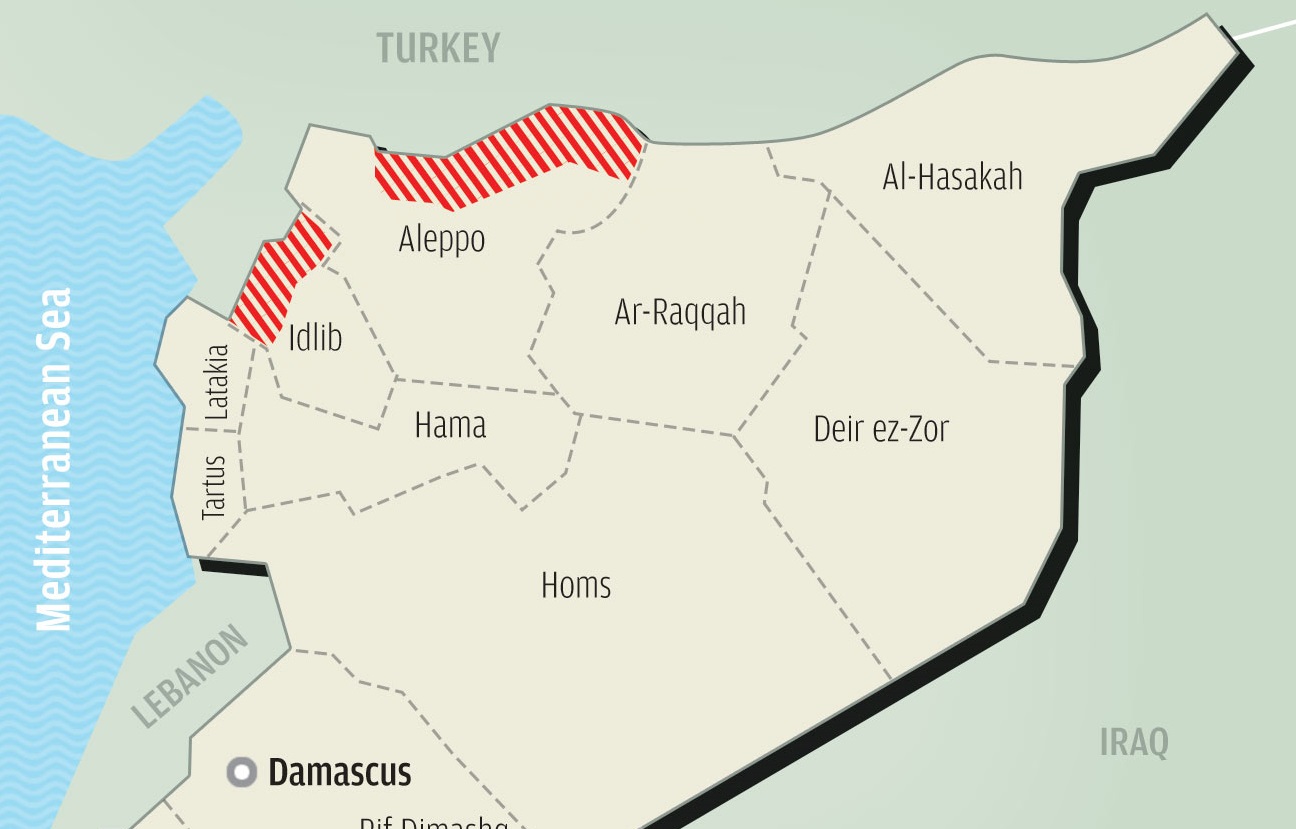 Abstract: Buffer zones as a concept have a long history. Despite their frequent occurrence in international relations past and present, however, they have been treated in passing by scholars and policymakers alike, and then usually from a purely historical perspective. Their importance in conflict management, third-party intervention and power politics are not adequately mirrored in scholarly research. This article seeks to remedy this lapse by re-introducing the buffer zone as a tool of international conflict management in a new and systematic fashion. In this article, we survey buffer zones, their conceptual roots and characteristics, and illustrate our theoretical findings with an array of different examples—predominantly from the twentieth and twenty-first centuries. In so doing, we make three fundamental arguments about buffer zones.
Abstract: Buffer zones as a concept have a long history. Despite their frequent occurrence in international relations past and present, however, they have been treated in passing by scholars and policymakers alike, and then usually from a purely historical perspective. Their importance in conflict management, third-party intervention and power politics are not adequately mirrored in scholarly research. This article seeks to remedy this lapse by re-introducing the buffer zone as a tool of international conflict management in a new and systematic fashion. In this article, we survey buffer zones, their conceptual roots and characteristics, and illustrate our theoretical findings with an array of different examples—predominantly from the twentieth and twenty-first centuries. In so doing, we make three fundamental arguments about buffer zones.
Vitae
Lionel Beehner is an instructor at the U.S. Military Academy of West Point’s Modern War Institute and a Ph.D. candidate at Yale University.
Gustav Meibauer is a Ph.D. candidate at the London School of Economics and Political Science.

Though they are ineffective, I don’t think that means we shouldn’t strive to contain war at all costs. Just because something is capable of spilling over into other regions, doesn’t mean that it is okay to just let that happen.